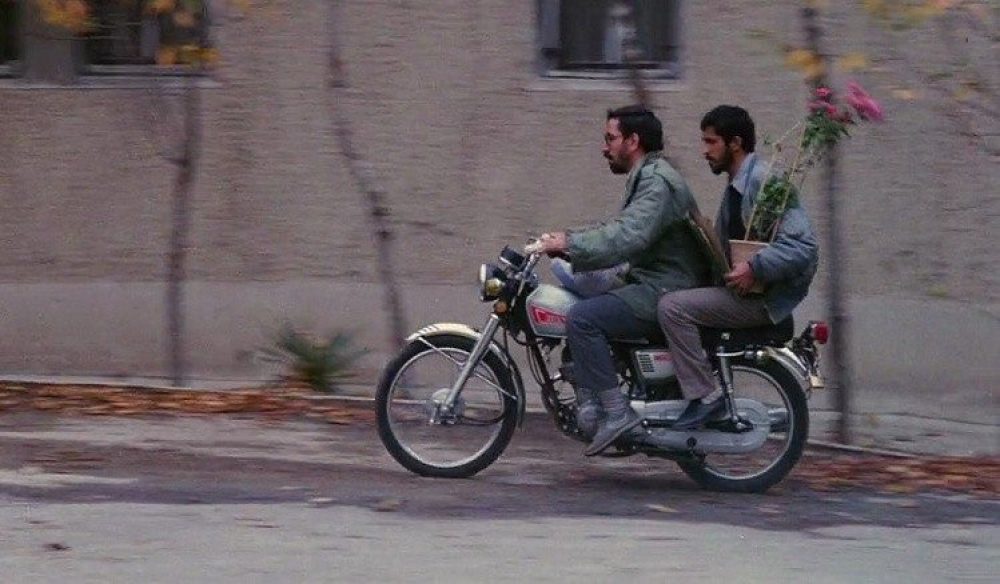The first important point that Tabaar wants emphasized is that in his conception, politics drive Islamic ideologies. Interestingly, he sidesteps Seligman’s concerns in Modernity’s Wager by arguing that authentic Islamic beliefs can be shaped by political concerns. Likewise, belief’s can be shaped to meet political ends without losing their significance and authority. Thus, Tabaar’s implicit argument is that the sacred can be contingent without losing its sacrality. The same principle can be extended to the questions of authority the book raises.
This flexibility is highlighted in Khomeini’s “increasing pragmatism”(189) which Tabaar points to on numerous occasions. The most profound turn for Tabaar was Khomeini’s shift from arguing that an Islamic government is necessary to uphold shari’a to saying Islamic law could be broken in order to protect the state. A fundamentally pragmatic change, which is reminiscent of Machiavelli. Ultimately, though religion is a part of Iranian modernity, it does not define a static and immutable course. Human subjectivity and pragmatism is, for Tabaar, the root of Iranian political development. Though there have been attempts to hide this reality, as when Khomeini issued his famous fatwa against Salman Rushdie, the longer political events follow their practical and somewhat banal patters, the less important Islam will become for Iranian politics.

Pragmatism and Khomeini | Iran, Islam, and the Last Great Revolution Fall 2018
agario unblocked at schol,
agario unblocked at schol,
agario unblocked at schol,
agario unblocked at schol,
agario unblocked at schol,
It’s really interesting to think about this text in conversation with Modernity’s Wager. I agree with you that Tabaar sidesteps Seligman’s dichotomy, at least initially, but I do wonder if we could again relate modernity’s wager to the idea you present at the end of your post– that according to Tabaar’s interpretation of Iran’s trajectory, as political events continue to follow rational, practical patterns, Islam will become less and less important (or essential) to the system. I could see this then relating to the wager, as the end it seems to imply would be that reason in the form of power politics could, in practice and perhaps eventually in ideology, replace religion.